Resources
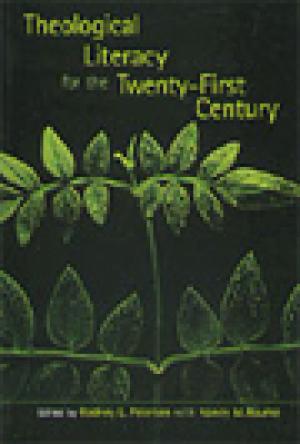
What constitutes theological literacy in the new millennium? Scholars such as Elisabeth Schssler Fiorenza and David Tracy discuss this weighty question in Theological Literacy for the Twenty-First Century, a heavy but thoughtful collection of essays. The book's most helpful aspect is its diversity of Christian traditions: there are discussions of evangelical, Orthodox, Catholic and mainline Protestant views here, and contributors also weigh in about Hispanic, African-American and feminist hermeneutics. The essayists' understanding of what is required for theological literacy may be a bit inflated (how many people in the pews spout five-gallon words such as "postcoloniality" or "grandiloquent"?), but academics will appreciate the collection's depth and currency. (From the Publisher)
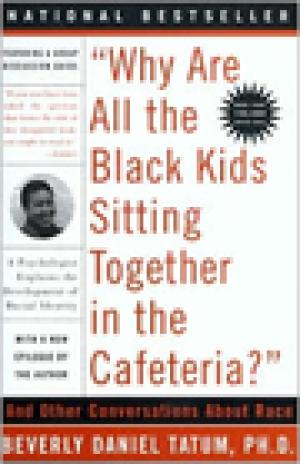
In 'Why Are All the Black Kids Sitting Together in the Cafeteria?' And Other Conversations About Race, Dr. Tatum provides us with a new way of thinking and talking about race through the lens of racial identity. She explains that all of us have a racial identity and must strive to affirm it. For people of color, the development of a constructive racial identity requires being able to recognize and reject the bombardment of negative stereotypes and to embrace a history of resistance and empowerment rather than passive victimization. For Whites, the challenge is to engage in a process of racial identity development which leads to an awareness of White privilege and a determination to actively work against injustice - and this requires the strength to reject a system that rewards them, and to reclaim the legacy of White allies. For many, this is uncharted territory. This book provides a road map for those who want to make the journey and better understand the racial dynamics of their daily lives. Tatum extends her ideas about racial identity development beyond the usual Black-White paradigm to embrace the unique circumstances of Latinos, American Indians, Asians, as well as biracial youth. Also included is a list of resources for further reading as well as a list of books for parents and teachers to recommend to children of all ages. Using real-life examples and the latest research, Tatum presents strong evidence that straight talk about our racial identities - whatever they may be - is essential if we are serious about facilitating communication across racial and ethnic divides. (From the Publisher)

Role-play has escaped from the drama studio and established itself as one of the most effective learning techniques in language, literature, history, geography and other curriculum subjects. It is also a crucial component of most management and human relationship training. Few teachers have the expertise to maximize the potential of role-play. In this accessible volume the authors demonstrate through numerous examples, how role-play can be applied to all kinds of interactive contexts. They provide a wealth of proven practical strategies and techniques, including sound advice on what not to do. (From the Publisher)

By the year 2000, 50 percent of full-time faculty will be over 55, and 68 percent will be over 50. Just when many universities and colleges in America are making major shifts in their missions and their organizational structures, faculty members who are expected to implement these bold new visions will be out singing up for their senior citizen discount cards. Is it any cause for alarm? (From the Publisher)
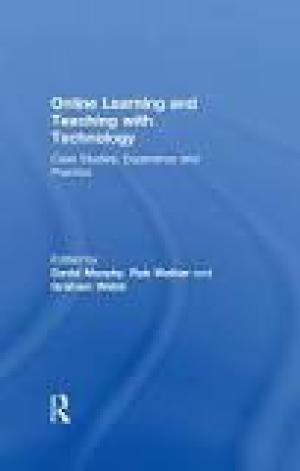
Lecturing remains the staple teaching technique for most professionals in higher education. Lecturing can be a chore, a terror or an exhilarating experience. One thing that is certain: for students, good lecturing shows, is expected and pays dividends. This book does not deal with the dry theory of lecturing, but rather it brings together the advice, experience and guidance of many experienced successful lecturers from the UK, US, Australia and New Zealand. Together they provide stimulating and motivating practical examples of how to improve lecturing technique and confidence. Written for less experienced lecturers seeking to improve their lecturing, and those with more experience who want to develop their skills further, this book is outcomes focused and covers a range of key lecturing issues. (From the Publisher)
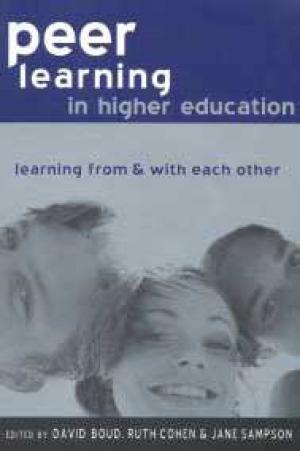
Peer learning, where students support each others learning, is for many one of the most effective and natural forms of learning. It can form one of the most essential and satisfying parts of a student's higher education experience. As a key developing technique in higher education this book will meet the needs of many who are interested in developing a more formal approach to peer learning in their own work. The book discusses practical methods of developing more effective learning through the systematic implementation of peer learning approaches. It draws on the direct experience of the authors in their own classes across a range of disciplines. While the emphasis is on higher education, many of the ideas can be applied more widely to further education and professional learning. Key issues addressed include: What is peer learning and what is it good for? What are the design and class management issues that need addressing? How best can peer learning be introduced and fostered? What issues need to be considered by teachers and students? What are the implications for assessment? (From the Publisher)
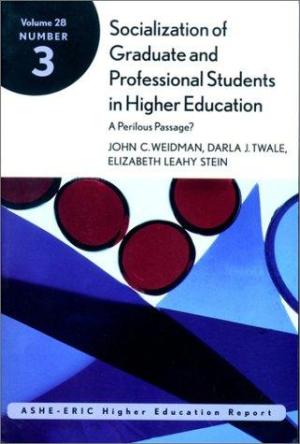
This report on the process of graduate and professional student socialization provides information that can be of use to graduate program faculty and administrators, professional associations, state legislatures, and professional licensing bodies charged with assuring clients that well qualified professional practitioners are being prepared in the nation's universities. It addresses implications of issues raised in current literature for designing more effective graduate programs. Socialization in graduate school refers to the processes through which individuals gain the knowledge, skills, and values necessary for successful entry into a professional career requiring an advanced level of specialized knowledge and skills. The first two sections, "The Professional and Socialization" and "Conceptualizing Socialization in Graduate and Professional Programs," describe the various elements of this socialization process, drawing from research on adult socialization, role acquisition, and career development. The third section, "A Framework for the Socialization of Graduate and Professional Students," presents a conceptual model of graduate and professional student socialization that assumes socialization occurs through an interactive set of stages. The fourth section, "Institutional Culture: Recurrent Themes," illustrates several changing patterns in graduate education that are exerting pressure for reform. The fifth section, "Institutional Culture and Socialization: Differences among Academic Programs," contrasts socialization processes across academic program goals, faculty expectations, and student peer culture. The final section, "Easing the Perilous Passage," discusses modifying the graduate degree program and faculty and administrator roles, increasing diversity, and offering support to students. (From the Publisher)
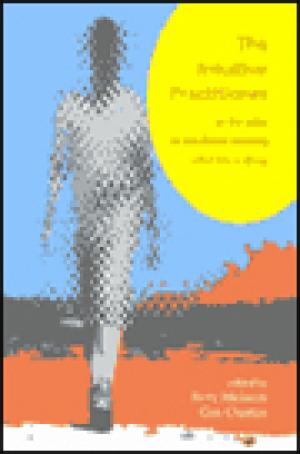
Much of the time, experienced professionals in both education and other fields cannot explain what they are doing, or tell you what they know; and students cannot articulate their learning. Yet professional development and practice are often discussed as if conscious understanding and deliberation are of the essence. The Intuitive Practitioner tackles this apparent paradox head on, and explores the dynamic relationship between reason and intuition in the context of professional practice. Focusing mainly on the professional world of the teacher, but with illustrative discussions of medical and business practice, the contributors delicately unpick the vexed and neglected nature of intuition, and demonstrate the vital role it plays in the development of professional judgement and expertise. (From the Publisher)
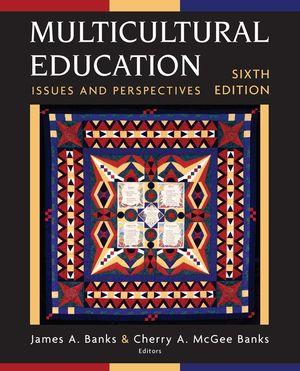
This handy reference is designed to help present and future educators acquire the concepts, paradigms, and explanations needed to become effective practitioners in culturally, racially, and language diverse classrooms and schools. The Fourth Edition reflects current and emerging research, concepts, and debates about the education of students from both genders and from different cultural, racial, ethnic, and language groups. (From the Publisher)
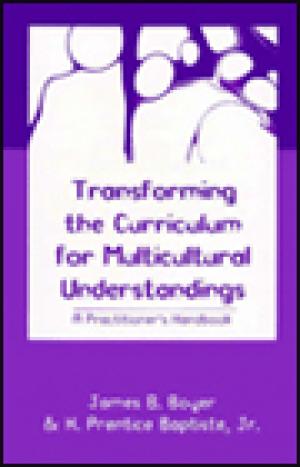
This book's basic premise is that present demographics suggest concepts of inclusion and cultural reflection are essential to any academic endeavor. Teachers and future teachers need to be aware of the emergence of multicultural education and how that plays out in the classroom. The volume presents a historical overview of the concept and stresses the need for greater awareness. (From the Publisher)